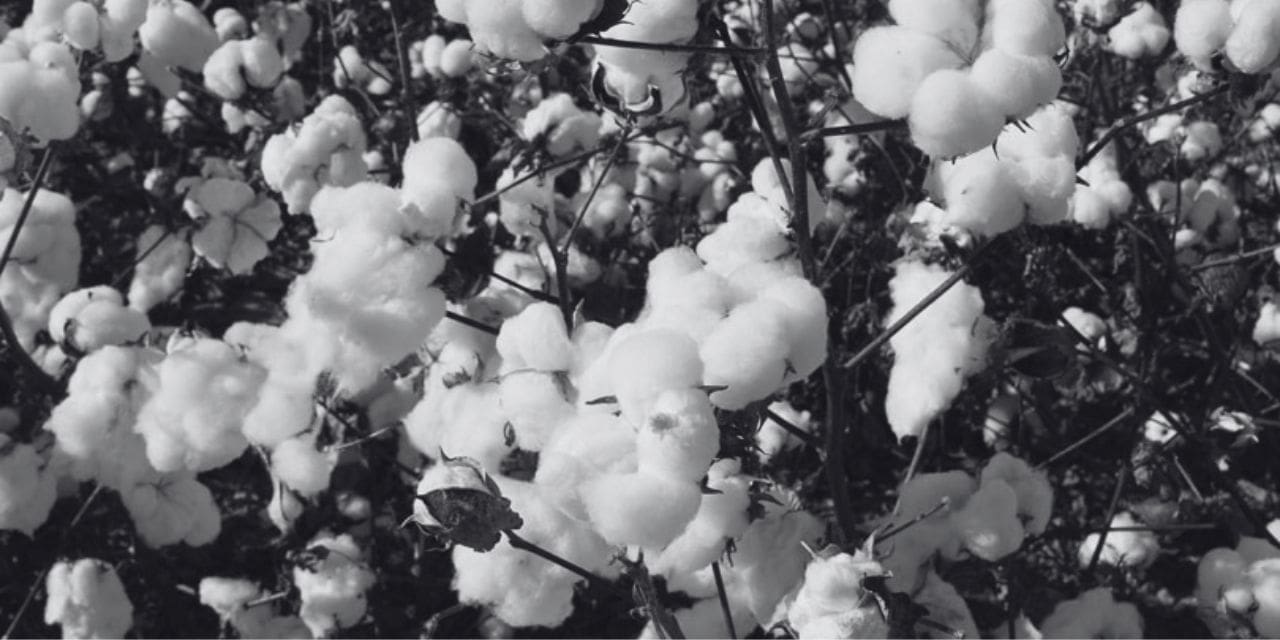Bangladesh’s chances of resuming cotton purchases from Uzbekistan have risen after the United States dropped a restriction on obtaining the crucial textile raw material from the country following considerable progress in abolishing forced labour.
Until 2007, when a boycott movement against Uzbek cotton was initiated, the central Asian country was Bangladesh’s single largest sourcing destination, accounting for almost 45 percent of cotton imports.
However, imports began to dwindle as worldwide clothes retailers and brands, particularly those in Europe and the United States, prohibited the use of Uzbek cotton for employing child and forced labour in the cultivation and harvesting of the textile raw material.
As a result of the ban, Western merchants and brands have instructed garment-supply countries, including Bangladesh, not to utilise cotton from the country.
They also vowed not to buy the garments if they were made with yarn made from Uzbek cotton.
As a result, Bangladeshi mill users and spinners ceased to import cotton from the nation.
The door to buy cotton from Uzbekistan is set to reopen after the US removed Uzbek cotton from a list that are produced with forced child labour. The boycott campaign was launched in an attempt to force Uzbekistan to abandon a long-running practice of sending students and public sector employees to pick cotton for meagre pay. Uzbekistan has been named as a potential source of cotton for Bangladesh’s $41-billion garment industry, according to the American Apparel & Footwear Association (AAFA) in a press release. The AAFA is working on a framework to monitor and remediate forced labour, empower workers and farmers, and encourage sourcing.
Bangladesh’s top textile official is visiting Uzbekistan to discuss cotton issues with the country’s government and other stakeholders. The Uzbek government has gradually dismantled the state-sponsored forced labour system, but concerns remain over civil society freedoms. Some 330 global apparel brands and retailers have pledged since 2007 to ensure that forced labour does not find its way into their products under an initiative launched by the Cotton Campaign. African countries are now the biggest source of cotton, accounting for around 40 per cent of the raw material imported. Bangladesh depends entirely on imports for the vital raw material of the garment industry.
In 2020, the country imported 8.2 million bales of cotton at the cost of $3 billion, according to the BTMA. The US and Australia are major sources for finer cotton, preferred by international retailers and brands.

